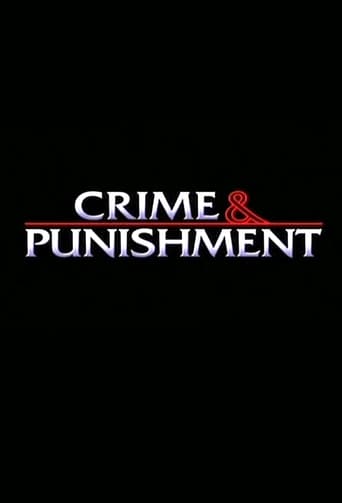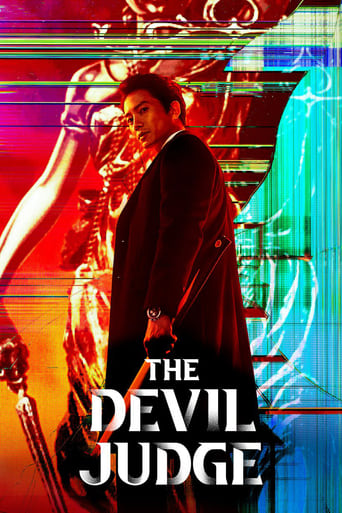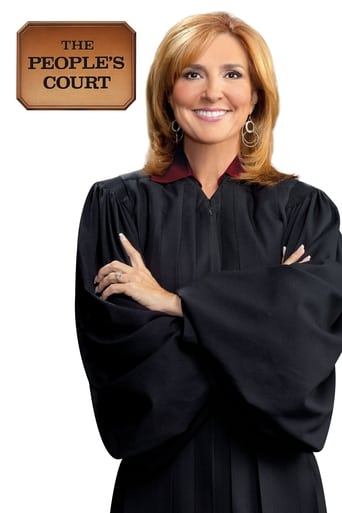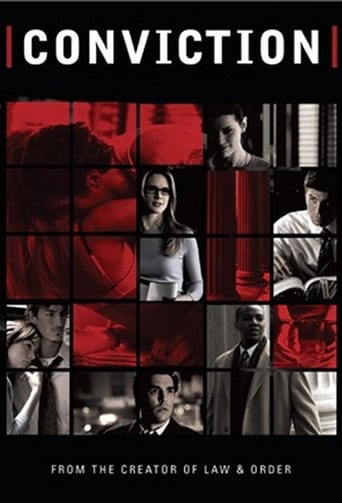Crime & Punishment Season 1
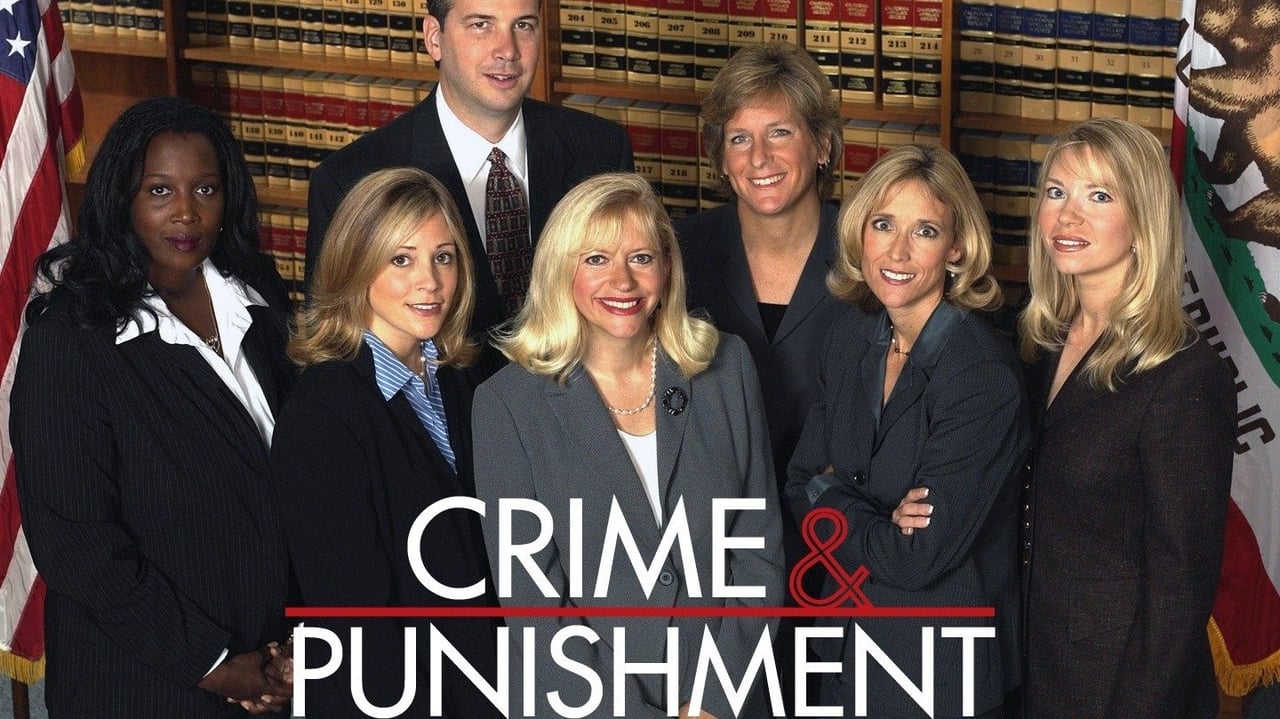
Crime & Punishment is a 2002 reality television, nontraditional court show spin-off of the Law & Order franchise. It premiered on NBC on Sunday, June 16, 2002, and ran through the summers of 2002, 2003, and 2004.
Watch NowWith 30 Day Free Trial!
Crime & Punishment
2002

Crime & Punishment is a 2002 reality television, nontraditional court show spin-off of the Law & Order franchise. It premiered on NBC on Sunday, June 16, 2002, and ran through the summers of 2002, 2003, and 2004.
Watch Trailer
With 30 Day Free Trial!
Crime & Punishment Season 1 Full Episode Guide
A drunken murder occurs when an inebriated Mayta becomes upset at a popular gay night club. Mayta is unhappy when a man he is seeking is uninterested which prompts the defendant to kill a bystander. However, the District Attorney is convinced that the murder was not a drunken crime of passion but rather a premeditated crime.
Keeshawn Scott seems anything but innocent when he is accused of an unsolicited premeditated murder. He shoots a man in his girlfriend's home but the crime is deemed a murder in the first-degree. The second case explores a serious offense when a teenager is brought up on charges after purportedly threatening high school students that survived high school shootings through e-mail.
When a man is killed, matters become complicated when it becomes apparents that California gangs are entrenched in the incident. An eye-witness is killed before the hearing and other witnesses lose any recollection of the murder. Even though there are many charges, Redondo is only found guilty of only one. A mistrial is called due to a deadlock on other charges.
A District Attorney with a heavy caseload tries two cases in this episode. The first case has a high media spotlight because Kayser is being tried on DWI charges. He had killed a 13 year old boy while driving. emotions are unleashed by the boy's family and the case is followed closely in the news. Bowman's second case deals with Palomino, who is convicted of possessing crystal meth. The case becomes more complicated because it was not his first parole violation.
For a strange twist in the series, this case has a living victim that supports the defendant. When Garcia is found by his wife wearing her lingerie and partaking in controversial activities, he becomes enraged and stabs her. She survives and makes a case against her husband difficult because her guilt compels her to want to save him from a sentence.
A girl who had been kidnapped and abused within her own apartment complex comes to the stand to give her attacker a prison sentence. Difficulties arise when the both parties admit to a candy exchange on more than one instance. Given the fact that Taitano's roommate had a record of child abuse, the defense tries to persuade a jury that the roommate had been the perpetrator in the incident. Despite a believable plea, the defense does not sway the jury...fully.
In the first case of Villa, the defendant is brought up on charges of beating his wife and committing a third strike of domestic abuse. In another case, the Deputy District Attorney tries to get Schierbaum convicted of crimes including kidnapping and sexual assault, and attempted murder. The parallels between the cases can be seen in the domestic abuse of Villa and the violence made by Schierbaum towards his children and wife.
A girlfriend of a gang member is found dead from a bullet behind a dumpster. With a minimal amount of evidence and a difficult judge, it becomes difficult for the District Attorney to convince the jury that the murderer was the victim's boyfriend.
A man is tried for the rape of a woman. What would seem like an easy case, difficulties appear because the victim had been inebriated and may have not been fully aware of her actions. Luckily, the defendant gives the least plausible testimony that he could give, which would give him a jail sentence.
A man is tried for murder in the first degree. He had supposedly stabbed his girlfriend out of jealousy. However, the intent that the prosecutor describes does not match up with the lustful insanity that the defense describes. After credible witnesses help the case, Vasquez is sentenced. During the sentencing, Vasquez and his brother attack the prosecutor (Lindberg) and they both are given extended jail sentences.
Deputy District Attorney Garry Haehnle prosecutes Marshall Jones, a father accused of suffocating his 4-month-old son and burying the body in a shallow grave in the woods. Attempting to pass the murder off as an unfortunate accident, the defense paints the picture of a loving father who made one bad decision, which Haehnle must disprove in the eyes of the jury. After Jones is convicted, during the sentencing hearing, he domonstrates his callousness and ultimately his guilt. The judge strongly rebukes him and gives him the maximum sentence.
The first episode chronicles the trial of John Dailey, who is accused of murdering his wife. Many witnesses attest to the fact that Dailey had often spoken about graphically killing her, but there was no body for evidence. The prosecutor was able to sway the jury through intelligent remarks and stong witnesses. John Dailey was given a sentence of 25 years to life in jail.
Free Trial Channels
Seasons


